History publications
Find out about recent major publications from staff in the History programme.
Cybèle Locke, Comrade: Bill Andersen: A Communist, Working-Class Life (Bridget Williams Books, 2022)
Comrade: Bill Andersen: A Communist, Working-Class Life, winner of the Bert Roth Prize, a book by Dr Cybèle Locke available for sale now through BWB.
Bill Andersen was one of the most significant figures in New Zealand's trade union movement in the later twentieth century. Cybèle Locke's biography recovers the relationships between communism and working-class trade unionism during World War Two and the following decades. Starting with Bill's experiences as a merchant seaman during World War Two, Locke draws on over forty oral interviews, as well as Bill's unpublished autobiography, to explore what it meant to be a workingclass, communist trade unionist through those years.
As a history centred on biography, Comrade tells a riveting story of labour activism and social change. The post-war splintering of the world communist movement fractured New Zealand communists; in the 1970s, the Northern Drivers' Union emerged as a powerful social movement; and Māori land rights and sovereignty activism reframed radicalism through the last decades of the century. The impact of neo-liberalism on trade unions in the late 1980s and 1990s is starkly shown.
The histories of working people, of organised labour, and of left-wing movements are too little told in Aotearoa New Zealand. Writing with insight and empathy, Cybèle Locke has provided a highly readable account of a communist union leader navigating the social and political turmoil of the twentieth century.
Sekhar Bandyopadhyay and Anasua Basu Ray Chaudhury, Caste and Partition in Bengal: The Story of Dalit Refugees, 1946-1961 (Oxford University Press, 2022)
The book seeks to situate caste as a discursive category in the discussion of Partition in Bengal. In conventional narratives of Partition, the role of the Dalit or the Scheduled Castes is either completely ignored or mentioned in passing. The authors addresse this discursive absence and argues that in Bengal the Dalits were neither passive onlookers nor accidental victims of Partition politics and violence, which ruptured their unity and weakened their political autonomy. They were the worst victims of Partition. When the Dalit peasants of Eastern Bengal began to migrate to India after 1950, they were seen as the 'burden' of a frail economy of West Bengal, and the Indian state did not provide them with a proper rehabilitation package. They were first segregated in fenced refugee camps where life was unbearable, and then dispersed to other parts of India - first to the Andaman Islands and the neighbouring states, and then to the inhospitable terrains of Dandakaranya, where they could be used as cheap labour for various development projects. This book looks critically at their participation in Partition politics, the reasons for their migration three years after Partition, their insufferable life and struggles in the refugee camps, their negotiations with caste and gender identities in these new environments, their organized protests against camp maladministration, and finally their satyagraha campaigns against the Indian state's refugee dispersal policy. This book looks at how refugee politics impacted Dalit identity and protest movements in post-Partition West Bengal.
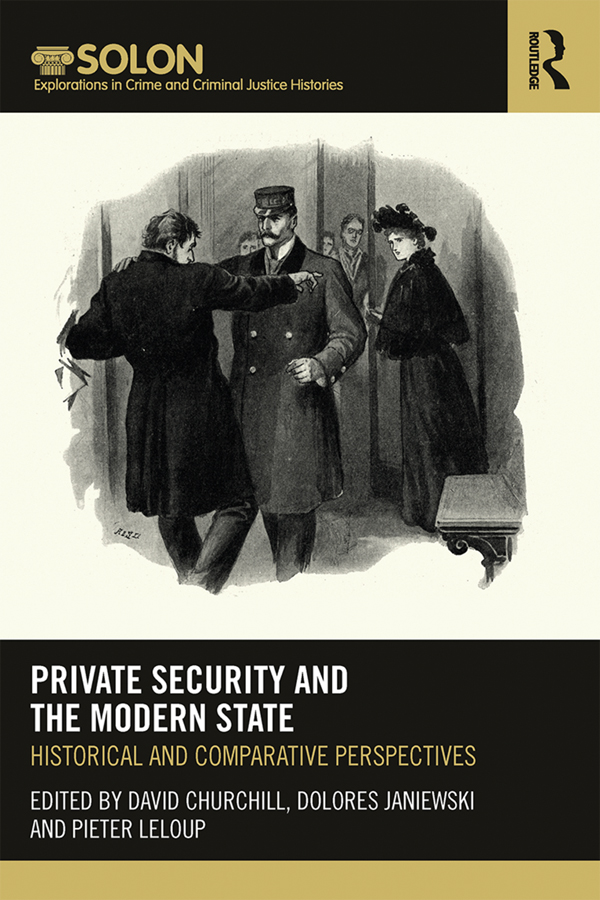
David Churchill, Dolores Janiewski, and Pieter Leloup, Private Security and the Modern State: Historical and Comparative Perspectives (Routledge, 2020)
Based on extensive research in several international contexts, this volume provides a nuanced assessment of the historical evolution of private security and its fluid, contested, and mutually constitutive relationship with state agencies, public policing, and the criminal justice system.
This book provides an overview of the history of private security provision in its multiple forms, including detective agencies, insurance companies, moral campaigners, employers’ associations, paramilitary organisations, self-protection, and vigilantism.
It also explores the historical evolution of private policing and security provision in a diverse set of temporal, national, and international contexts and compares the interactions between public and private security bodies, structures, strategies and practices in different countries, cultures, and settings.
In doing so, the volume fills the existing gaps in historical knowledge about the emergence of private and public security organisations and provides a more robust understanding of changes in the division of responsibility for security provision, law enforcement, and punishment between public and private institutions.
This wide-ranging volume will be of great interest to scholars and students of history, criminology, sociology, political science, international relations, security studies, surveillance studies, policing, criminal justice, and law.
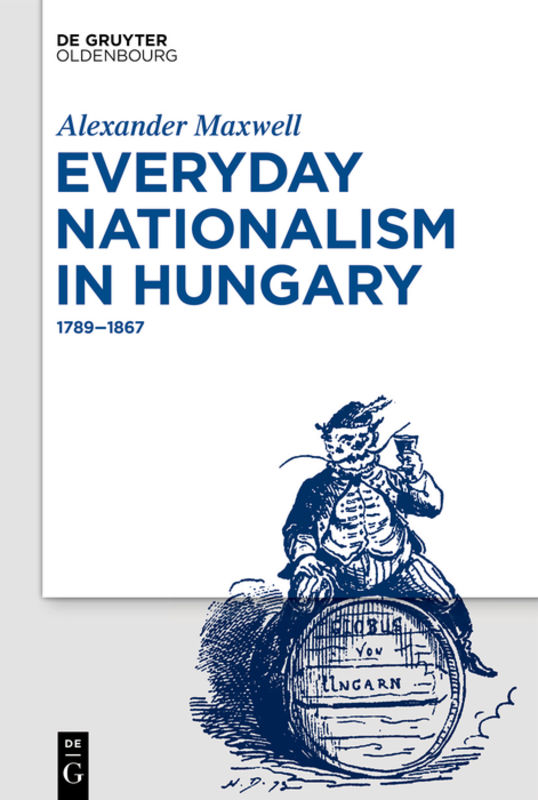
Alexander Maxwell, Everyday Nationalism in Hungary, 1789–1867 (De Gruyter Oldenbourg, 2019)
This book examines Hungarian nationalism through everyday practices that will strike most readers as things that seem an unlikely venue for national politics. Separate chapters examine nationalized tobacco, nationalized wine, nationalized moustaches, nationalized sexuality, and nationalized clothing.
These practices had other economic, social or gendered meanings: moustaches were associated with manliness, wine with aristocracy, and so forth. The nationalisation of everyday practices thus sheds light on how patriots imagined the nation’s economic, social, and gender composition.
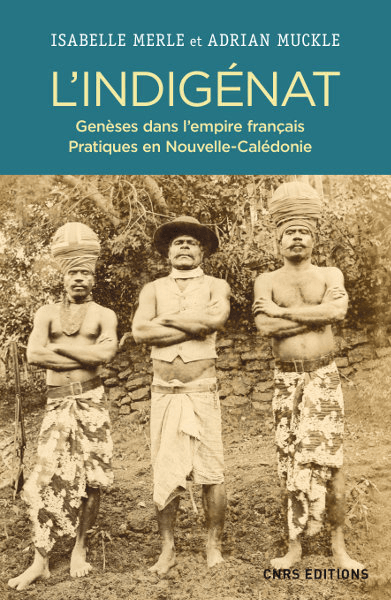
Isabelle Merle and Adrian Muckle, L’Indigénat. Genèses dans l’Empire français. Pratiques en Nouvelle Calédonie [The French Native Code: its origins in the French Empire and its Practices in New Caledonia] (CNRS Editions, 2019).
The Indigénat or French Native Code is synonymous with the rigours and injustices of the colonial era under French rule. This book offers a long history of the Indigénat, from its distant origins in the conquest of Algeria to its application in New Caledonia. It explores the history of the Indigénat in France’s colonial empire, using New Caledonia—a former settler colony and the last remaining part of overseas France to have experienced the Indigénat’s full force—to illustrate the ways in which its measures were translated into colonial practices and to examine their legacies.
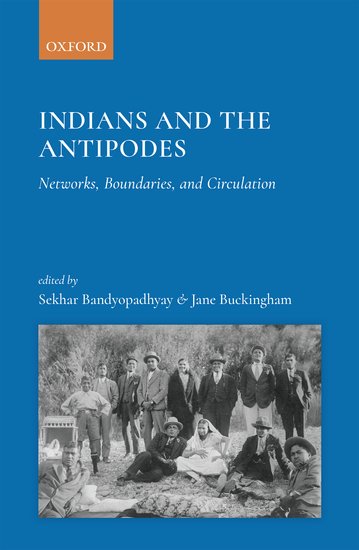
Sekhar Bandyopadhyay (and Jane Buckingham, eds), Indians and the Antipodes: Networks, Boundaries and Circulation (Oxford University Press, 2018)
This is the first book that seeks to juxtapose histories of Indian migration to Australia and New Zealand in a comparative framework to show their interconnectedness as well as dissimilarities. Side by side with stories of collective suffering and struggles of the diaspora, it focuses on individual resilience, enterprise and social mobility. It analyses 'White Australia' and 'White New Zealand' policies of the early twentieth century to point to their interconnected histories. It also looks critically at the more recent migration, its changing nature and the challenges it poses to both the migrant communities and the host societies.
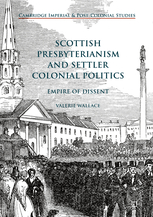
Valerie Wallace, Scottish Presbyterianism and Settler Colonial Politics: Empire of Dissent (Palgrave Macmillan, 2018).
This book aims to transform our understanding of colonial reform politics by documenting the revolutionary influence of Scottish Presbyterian political ideas.
It re-evaluates five notorious Scottish reformers and unpacks the Presbyterian foundation to their politics: Thomas Pringle (1789–1834), a poet in Cape Town; Thomas McCulloch (1776–1843), an educator in Pictou, Nova Scotia; John Dunmore Lang (1799–1878), a church minister in Sydney, New South Wales; William Lyon Mackenzie (1795–1861), a rebel in Toronto, Upper Canada; and Samuel McDonald Martin (1805?–1848), a journalist in Auckland, New Zealand.
The book weaves together for the first time the histories of these five migrants and considers their role in broader movements to secure church disestablishment, freedom of the press, and representative and responsible government across the British Empire. The book won the 2019 Frank Watson Book Prize for best first book in Scottish History and was shortlisted for the 2018 Saltire Society History Book of the Year Award.
Find out more, including ways to purchase
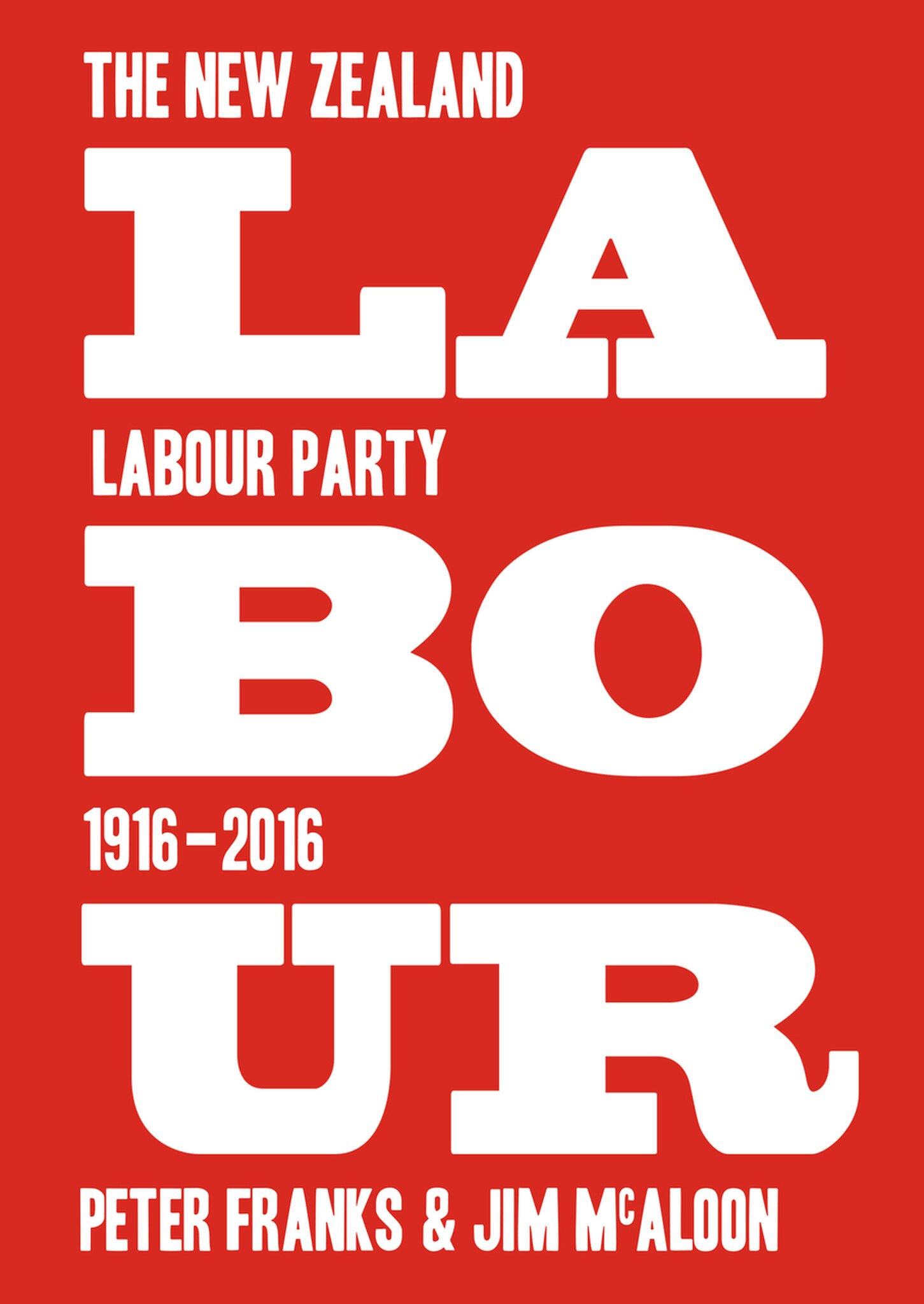
Jim McAloon (and Peter Franks), Labour: The New Zealand Labour Party 1816–2016 (Victoria University Press, 2016)
On 7 July 2016 the Labour Party, New Zealand's oldest political party, celebrated one hundred years of commitment to democracy, social justice, and economic development. This book shows how Labour builds on a long tradition of radical and democratic agitation, and how members and activists from all walks of life fought for their economic and social visions. It shows how a party founded in a male-dominated trade union movement grew—sometimes with difficulty—to embrace and advocate for the aspirations of women, Māori, Pasifika peoples, and rainbow communities.
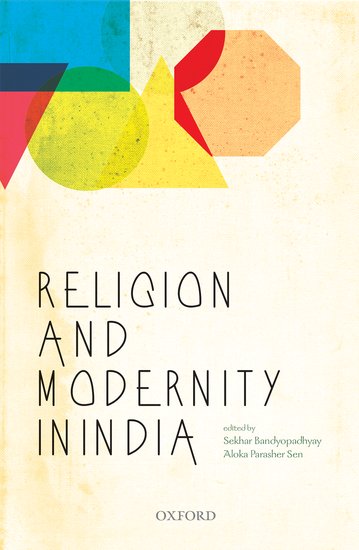
Sekhar Bandyopadhyay (and Aloka Parasher Sen) eds, Religion and Modernity in India (Oxford University Press, 2016)
This book interrogates the supposed epistemological dualism between modernity and religion in India through a series of case studies taken from everyday experiences of people following a variety of religions. Through a study of oral and textual traditions, examining the perspectives of women and other marginal social and regional groups, as well as the diaspora, the book presents dynamically interacting textures of society—historically and in contemporary times—engaging with modernity in divergent ways.
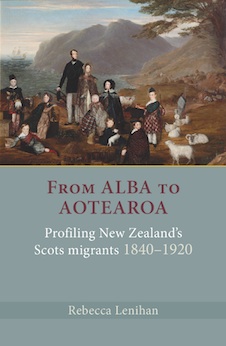
Rebecca Lenihan, From Alba to Aotearoa: Profiling New Zealand's Scots migrants 1840–1920 (Otago University Press, 2016)
Scots made up nearly 20 per cent of the immigrant population of New Zealand to 1920, yet until the past few years the exact origins of New Zealand’s Scots migrants have remained blurred. From Alba to Aotearoa establishes for the first time key characteristics of the Scottish migrants arriving between 1840 and 1920, addressing five core questions: From where in Scotland did they come? Who came? When? In what numbers? and Where did they settle?
